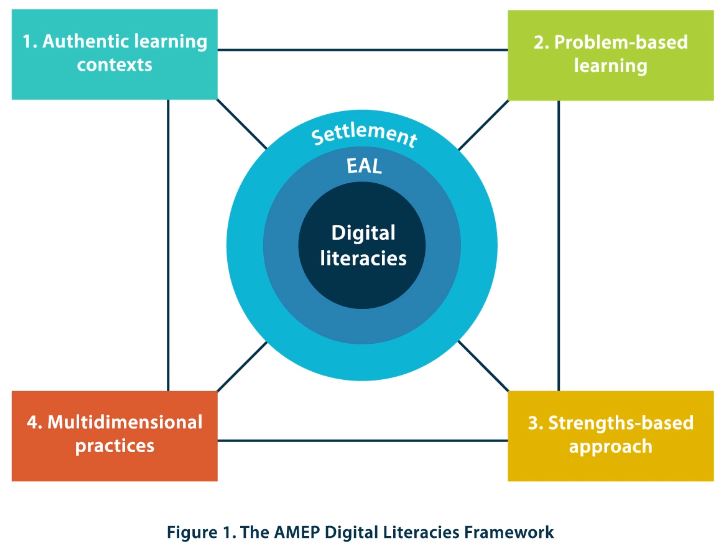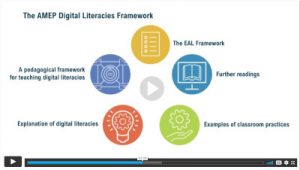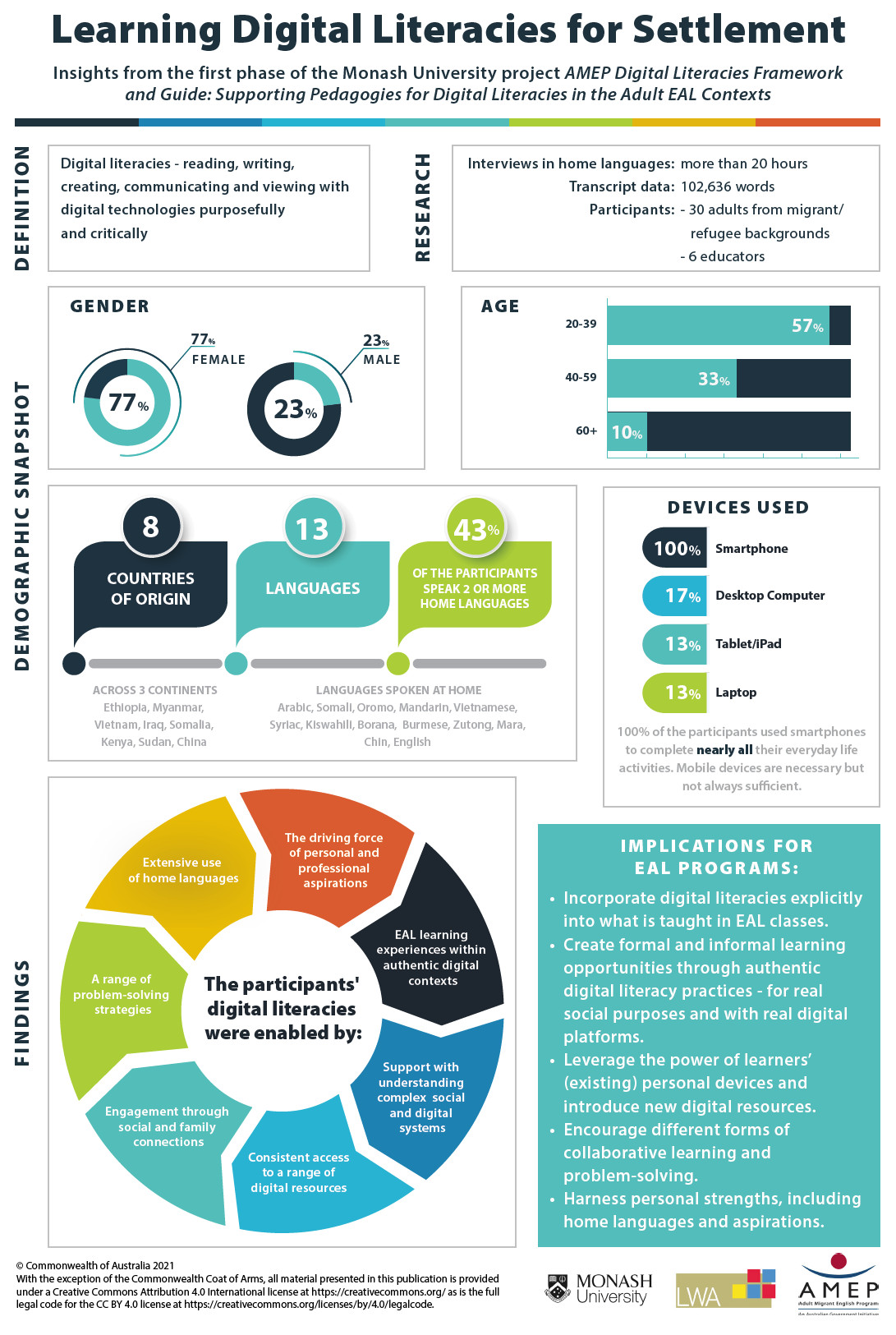The Schoolyard Podcast from School Specialty and Nancy Chung

Here’s a cool tool you can use to help you find inspiration and enjoyment: The Schoolyard Podcast is a new show from School Specialty and teacher Nancy Chung. Twice each month, host Chung, also known as @FancyNancyin5th on Instagram and TikTok, will be joined by industry experts, fellow educators, and subject matter experts from School Specialty to dive into educational trends, seasonally relevant topics, and emerging and proven solutions to create an entertaining and educational listening experience.
 Chung is a fun-loving 5th-grade teacher, former robotics coach, and content creator from Orange County, California, in her 26th year of teaching. She is passionate about sharing her ideas on creative projects, designing intentional learning spaces, teaching highly engaging lessons, building meaningful relationships, and cultivating a community that sparks discovery and inclusion.
Chung is a fun-loving 5th-grade teacher, former robotics coach, and content creator from Orange County, California, in her 26th year of teaching. She is passionate about sharing her ideas on creative projects, designing intentional learning spaces, teaching highly engaging lessons, building meaningful relationships, and cultivating a community that sparks discovery and inclusion.
Each episode will begin with a thought-provoking introduction by Chung, followed by a conversation between Chung and the episode’s guest. In the final segment, launching in episode 5 and dubbed “Tag, You’re It!,” Chung and the featured guest will answer a question submitted by a listener by tagging @SchoolSpecialty with #schoolyardtagyoureit and their question on Facebook, Instagram, Pinterest, or Twitter. Listeners who have their question answered on the air will receive a free Schoolyard Podcast t-shirt.
The first five episodes explore:
- “How to Make Space for Wellness and Social-emotional Learning” with Sue Ann Highland, PhD, national education strategist with School Specialty;
- “Esports is Like a Magnet!” with Claire LaBeaux from the Network of Academic and Scholastic Esports Federations (NASEF);
- “Extended Learning for Every Student” with Nicole Hill, a former educator, principal, and current subject matter expert with School Specialty;
- “Setting the tone for Back to School” with Instagram influencers Stephanie Osmundson and Loreal Hemenway, collectively known as @happilyeverelementary; and
- “Surprising Benefits of Robotics in Schools & Where to Start” with Naomi Hartl, science and STEM subject matter expert with School Specialty.
The first five episodes are available now on Apple Music, Spotify, Amazon Music, Samsung Podcasts, Podcast Index, and Listen Notes. Learn more.
The post The Schoolyard Podcast from School Specialty and Nancy Chung appeared first on EdTech Digest.








